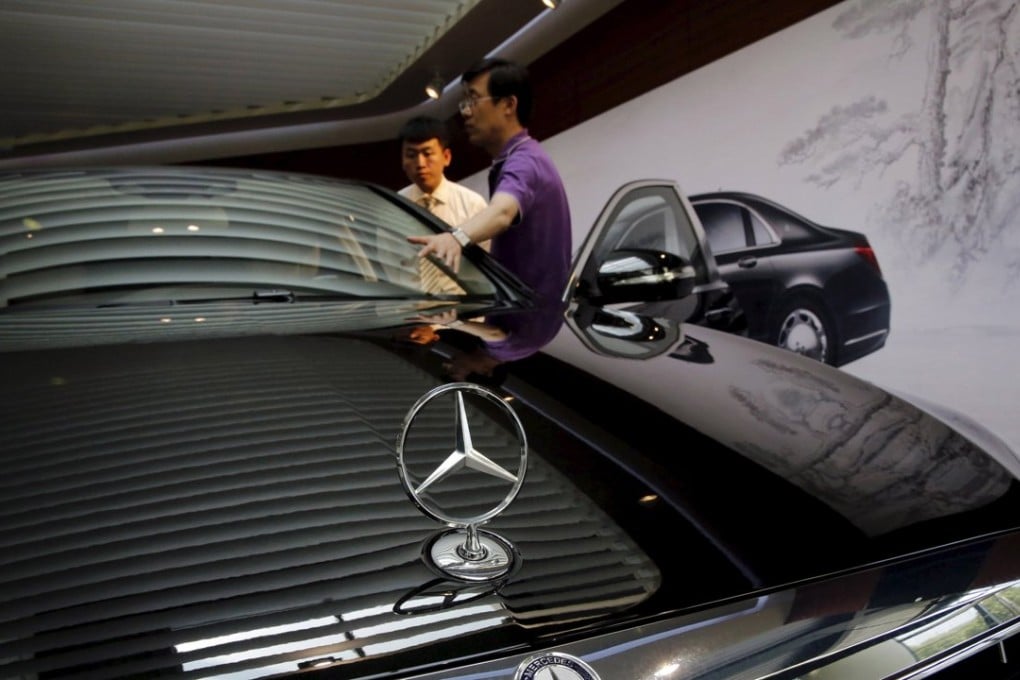Tax cuts sparks surge in China car sales but good times might not last, says analyst
The government may introduce further stimulus measures

It’s a boom time for China’s carmakers, as companies give notice of surging profits, but an analyst says the party could be over as early as next year.
In the past week, Chinese carmakers Geely and BYD announced they had substantially revised up their expected 2015 profits.
About 2.36 million passengers vehicles, including minibuses, were sold in mainland China in December, up about 16.9 per cent year on year.
A surge in carmaker profits was not unexpected – a stimulus policy introduced by the central government in September cut the 10 per cent purchase tax by half, boosting sales of passengers vehicles in the fourth quarter by 19 per cent year on year.
In addition to the tax cut, reports indicate the government may bring in further stimulus measures if the industry requires a further boost,